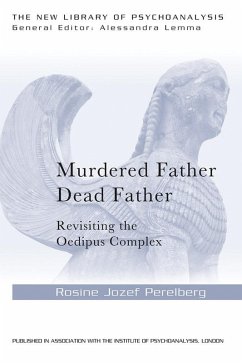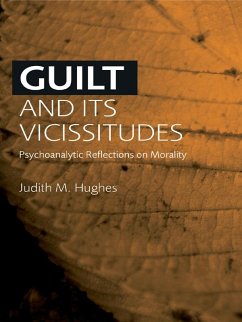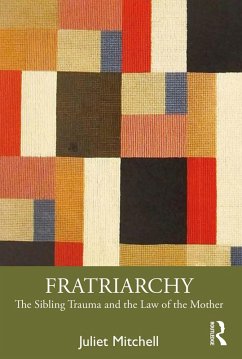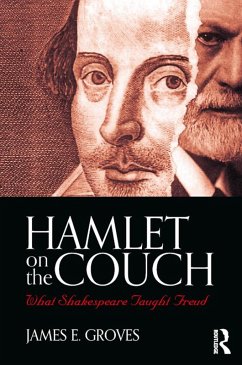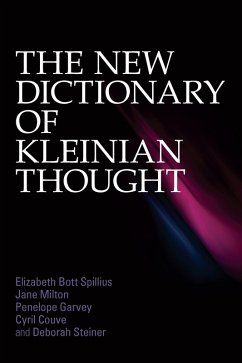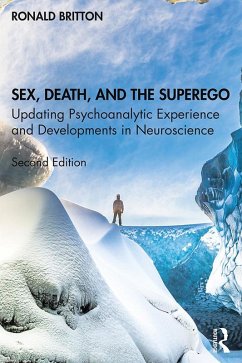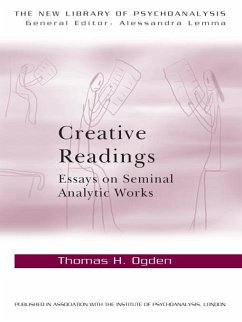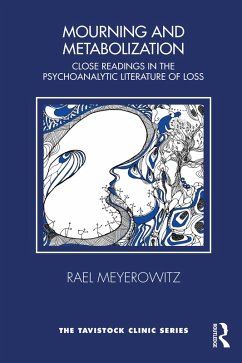
Murdered Father, Dead Father (eBook, PDF)
Revisiting the Oedipus Complex
Versandkostenfrei!
Sofort per Download lieferbar
41,95 €
inkl. MwSt.
Weitere Ausgaben:

PAYBACK Punkte
21 °P sammeln!
Murdered Father, Dead Father: Revisiting the Oedipus Complex examines the progressive construction of the notion of paternal function and its central relevance in psychoanalysis.The distinction between the murdered (narcissistic) father and the dead father is seen as providing a paradigm for the understanding of different types of psychopathologies, as well as works of literature, anthropology and historical events. New concepts are introduced, such as "a father is being beaten", and a distinction between the descriptive après coup and the dynamic après coup that provides a model for a psych...
Murdered Father, Dead Father: Revisiting the Oedipus Complex examines the progressive construction of the notion of paternal function and its central relevance in psychoanalysis.
The distinction between the murdered (narcissistic) father and the dead father is seen as providing a paradigm for the understanding of different types of psychopathologies, as well as works of literature, anthropology and historical events. New concepts are introduced, such as "a father is being beaten", and a distinction between the descriptive après coup and the dynamic après coup that provides a model for a psychoanalytic understanding of temporality. The book includes a reflection on how the concepts of the death instinct and the negative, in their connection with that which is at the limits of representability, are an aid to an understanding of Auschwitz, a moment of rupture in European culture that the author characterizes as " the murder of the dead father".
Perelberg's book is an important clinical and intellectual marker, and will be required reading for psychoanalysts, psychotherapists, anthropologists, and historians, as well as students in all these disciplines.
The distinction between the murdered (narcissistic) father and the dead father is seen as providing a paradigm for the understanding of different types of psychopathologies, as well as works of literature, anthropology and historical events. New concepts are introduced, such as "a father is being beaten", and a distinction between the descriptive après coup and the dynamic après coup that provides a model for a psychoanalytic understanding of temporality. The book includes a reflection on how the concepts of the death instinct and the negative, in their connection with that which is at the limits of representability, are an aid to an understanding of Auschwitz, a moment of rupture in European culture that the author characterizes as " the murder of the dead father".
Perelberg's book is an important clinical and intellectual marker, and will be required reading for psychoanalysts, psychotherapists, anthropologists, and historians, as well as students in all these disciplines.
Dieser Download kann aus rechtlichen Gründen nur mit Rechnungsadresse in A, B, BG, CY, CZ, D, DK, EW, E, FIN, F, GR, HR, H, IRL, I, LT, L, LR, M, NL, PL, P, R, S, SLO, SK ausgeliefert werden.




